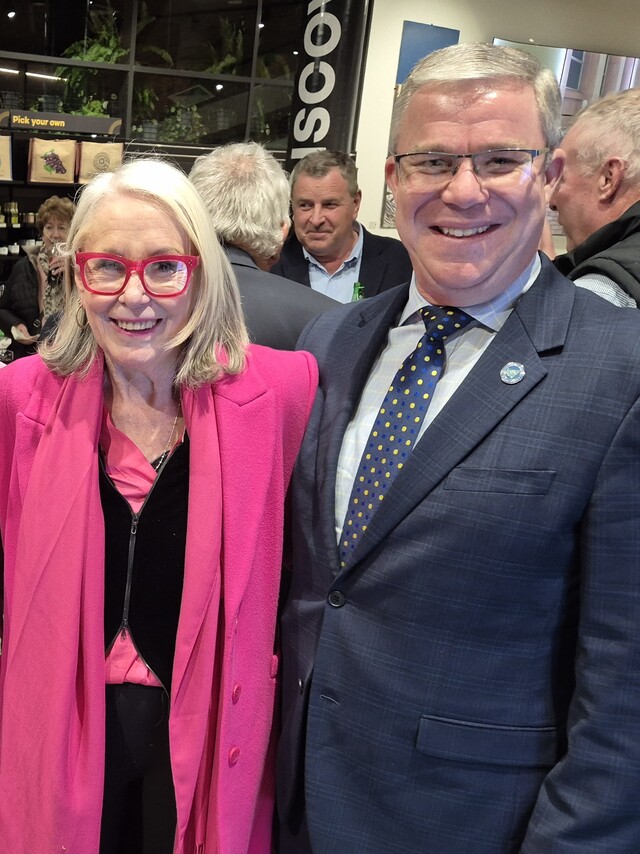Future Directions is a regular feature. This month we interviewed Brendan Dowd, Director Technical Services Darwin City Council, Northern Territory.
Brendan Dowd’s Local Government career stretches over 25 years. During this time, he has held a variety of engineering based positions in planning, design, construction, maintenance, building surveying and management. Combined with experience as Manager Corporate Services at the City of Munno Para prior to amalgamation with the City of Elizabeth in the late 1990s, Brendan understands and appreciates both the demand and supply side of Local Government.
Now Director of Technical Services at Darwin City Council, Brendan Dowd’s portfolio includes operations – civil maintenance, building maintenance, fleet services; Parks and Reserves, including management of a regional cemetery; Design and Development; Environmental Management; Asset Management; Strategic Projects; and Emergency Management.
He said that as with any contemporary management/leadership position, there are endless key attributes, factors for success and effective management techniques.
“Organisations are social systems,” he said. “Over the years, I have realised that focusing attention on people and the quality of relationships are the real keys to effectiveness. Strategy development, business plans, budgets, key performance indicators and the like are vital and essential. Those tend to be the hard, logical and linear elements which in senior leadership and management positions we spend much of our time on.
“However, improving the quality of relationships by treating people with genuine respect and having real concern for their welfare will make people more powerful and leads to better organisational outcomes. In my view, it takes significantly more skill and effort to do this than churn out strategies, business plans, budgets and KPIs.”
Aside from relational development, Brendan listed the following as key challenges facing technical services:
- actively responding, participating and, where possible, leading the sustainability agenda
- ensuring service standards are matched to community expectations balanced against the capacity and/ or willingness to pay
- having a long term planning focus with the intent of minimising surprises that can come out of left field
- basing asset management on community based service levels rather than continually seeking optimisation for all things all the time
- embracing technological change
- the changing workplace demographic, including the apparent reduced availability of technical staff, coupled with the need to place greater emphasis on support for women in the technical service arena. This has been talked about for years, but is still not happening to the level that it should. Rather than purely overcoming challenges, Brendan Dowd believes they should be learnt from and used to improve responses to similar issues in the future.
“That said, improvement hinges on leadership and creating a positive environment where people are motivated, challenged and rewarded,” he said. “The key is high quality relationships, underpinned by alignment, values and knowledge acquisition, set against a background of strong governance.”
In the future, Brendan sees an increased focus on sustainability, which will result in intelligent, green and healthy urban centres. He believes there will be a trend towards changing workplace arrangements that support improved flexibility and lifestyle.
“To state the obvious, this will require adaptive change. As Charles Darwin, after whom my city was named, once stated … ‘it is not the strongest of the species that survives, nor the most intelligent; but the one most responsive to change’…It’s worth thinking about!”







